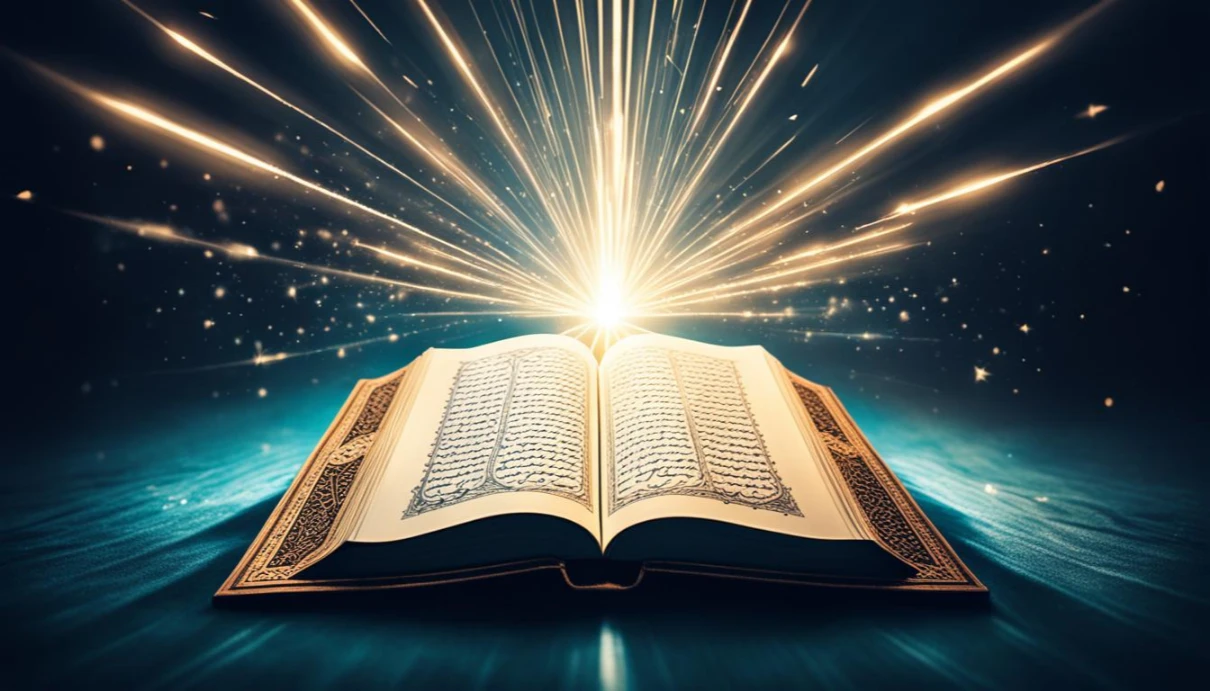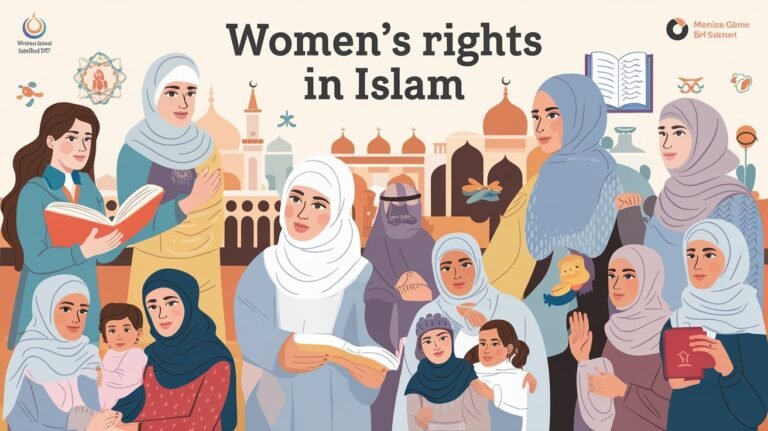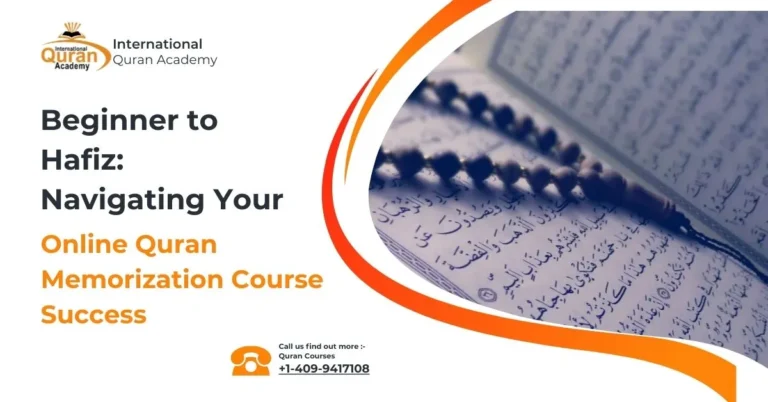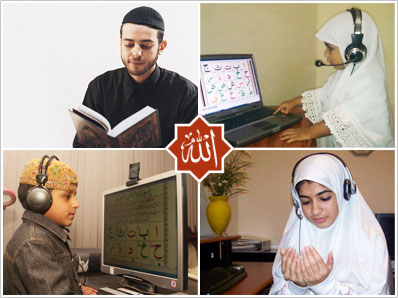Imagine holding a book that says it’s straight from God. It’s a guide for everyone and a plan for life. For over 1.8 billion Muslims, the Quran is just that. But it’s more than a religious book. It touches on personal growth, fairness, and wisdom for everyone.
The Quran is not just rules or history. It’s a full guide for living a good life. By looking closer at the Quran, we see how it changes people’s faith and lives. It shines a light on the right path for people and groups.
Key Takeaways
- The Quran goes beyond religion, offering insights into personal growth, fairness, and wisdom for all.
- It’s a full guide for living a good life spiritually, morally, and ethically.
- The Quran’s true aim is more than just rules or history.
- It’s key in shaping the faith and lives of its followers.
- The Quran guides and enlightens people and communities.
Introduction to the Quran
The Quran, Islam’s sacred scripture, is seen as the word of God given to the Prophet Muhammad over 23 years. It is the base of Islamic beliefs, practices, and life. It guides Muslims on their spiritual path.
Historical Background
The Quran was given to the Prophet Muhammad in the 7th century CE, during a time of big changes in the Arabian Peninsula. It was carefully put together and kept pure, showing the Muslim community’s strong commitment to it.
Significance in Islam
The Quran is very important in Islam. It guides Muslims, teaching them about their faith’s core beliefs. It tells them how to live morally and ethically, and how to relate to God and others. The Quran is seen as the final word on faith, law, and spirituality, making it key to the Muslim life.
“The Quran is the word of God, revealed to guide humanity towards the path of righteousness and enlightenment.”
Divine Revelation and Guidance
The Quran is a divine revelation from God, guiding Muslims. It is the word of God, given to the Prophet Muhammad by the angel Gabriel. This divine guidance helps with spiritual, moral, and ethical living. It covers personal behavior and how to act in society.
Muslims see the Quran as the ultimate source of divine revelation. It’s a direct communication from God, offering wisdom and rules for a good life. They believe its teachings are forever true, fitting for every part of life.
The Quran’s importance as a divine guide is shown in this verse:
“This is the Book about which there is no doubt, a guidance for those conscious of Allah.” (Quran 2:2)
This verse shows the Quran’s clear role as a divine revelation and guide. It helps those wanting to follow God’s will. The Quran talks about faith, morality, how to get along with others, and finding spiritual enlightenment.
The Quran often talks about being a divine guide for people. It’s seen as a revelation from God that brings guidance and wisdom. Its teachings are a blueprint for a life of faith, virtue, and purpose. This makes it a key part of the Islamic faith.
Moral and Ethical Teachings
The Quran is known for its deep moral and ethical teachings. These teachings are key to Islamic beliefs and actions. They focus on justice, equality, compassion, and social responsibility. The Quran stresses justice and equality. It says everyone should be treated fairly, no matter their gender, race, or social class.
Principles of Justice and Equality
The Quran’s ethical principles are based on justice and equality. It teaches us to treat everyone fairly and equally. It says no one should be treated unfairly or worse than others just because of who they are.
“O mankind, indeed We have created you from male and female and made you peoples and tribes that you may know one another. Indeed, the most noble of you in the sight of Allah is the most righteous of you. Indeed, Allah is Knowing and Acquainted.” (Quran 49:13)
The Quran’s teachings also talk about being kind, giving to others, and helping those in need. It tells us to be generous and kind, especially to those who are less lucky or left out.
- The Quran stresses the need for justice and equality, saying we can’t discriminate or oppress others.
- It teaches that all people are equal in God’s eyes and should have the same rights and chances.
- The Quran also talks about the value of being compassionate, charitable, and responsible in society.
By following these moral and ethical principles, the Quran helps create a fair, kind, and equal society. Its teachings motivate and guide Muslims everywhere. They offer hope and wisdom to all.
What is the real purpose of the Quran?
The Quran is more than just a religious book. It guides people towards a life of spiritual enlightenment and moral excellence. It covers many topics, from personal relationships to global issues.
The Quran aims to give a blueprint for a fulfilling life. It offers a holistic approach to life, touching on various aspects. This includes:
- Spiritual guidance for personal growth and inner peace
- Moral and ethical teachings that promote justice, equality, and compassion
- Instructions for building a harmonious and prosperous society
- Insights into the natural world and the mysteries of the universe
The Quran was given to the Prophet Muhammad (peace be upon him) as a message for all people. It’s a timeless source of wisdom. It helps people deal with life’s complexities and aim for a higher purpose.
“The Quran is not merely a book of religious laws and rituals, but a comprehensive guide for human life in all its dimensions.”
By understanding the Quran’s true purpose, believers can tap into its deep insights and power. Its teachings apply to all life areas. They guide us towards a life of purpose, justice, and fulfillment.

Source of Islamic Law
The Quran is more than just a sacred text for Muslims. It is the main source of Islamic law and jurisprudence. The Quran’s principles and teachings lay the groundwork for Sharia. This is a detailed system of Islamic law that covers many parts of Muslim life.
Sharia and Jurisprudence
The Quran plays a key role in shaping Islamic jurisprudence and understanding Sharia. Sharia means “the way” in Arabic. It includes legal and ethical rules based on the Quran and the Prophet Muhammad’s teachings.
Interpreting and applying Sharia is complex and has changed over time. Scholars, known as ulama, study the Quran deeply. They work to understand how its teachings apply in different situations.
- The Quran is the main source of quran as source of islamic law and Islamic jurisprudence.
- Sharia law in the quran comes from the Quran’s principles and teachings.
- Ulama scholars are key in interpreting the Quran and creating jurisprudence in the quran.
- The link between the Quran and quran and islamic law is vital for understanding and practicing Islam.
“The Quran is not only a sacred text, but it is also the foundation of Islamic law and jurisprudence. Its principles and teachings guide the lives of Muslims and shape the social, economic, and political landscape of the Muslim world.”
The Quran’s role as the source of Islamic law shows its lasting importance and effect on Muslims globally. By looking at its link to Sharia and jurisprudence, we see its deep and complex impact on the Muslim faith.
Spiritual Enlightenment
The Quran’s core message is deeply rooted in spiritual enlightenment and personal growth. It’s not just a book of laws and morals. It’s a beacon that lights the way to a deeper connection with the divine and inner peace.
The Quran’s spiritual teachings push believers to look within. They encourage a deep bond with God and a quest for inner peace and harmony. This focus on quran as a means of spiritual growth is key. It aims to improve the individual’s spiritual health and bring a sense of purpose and meaning to life.
The Quran guides believers on a path of self-discovery. It invites them to delve into their own depths and connect with the divine beyond the physical world. This quran and spiritual enlightenment sparks personal change. It helps people reach their full potential and find true peace and fulfillment.
“The Quran is a book of guidance, a beacon of light, and a means of attaining spiritual enlightenment. It is a testament to the infinite wisdom and compassion of the divine, and a roadmap for those seeking to embark on a journey of self-discovery and inner peace.”
By taking in the Quran’s spiritual teachings, believers gain a deep sense of purpose. They find comfort in hard times and reach a state of quran and inner peace that goes beyond the world’s limits.
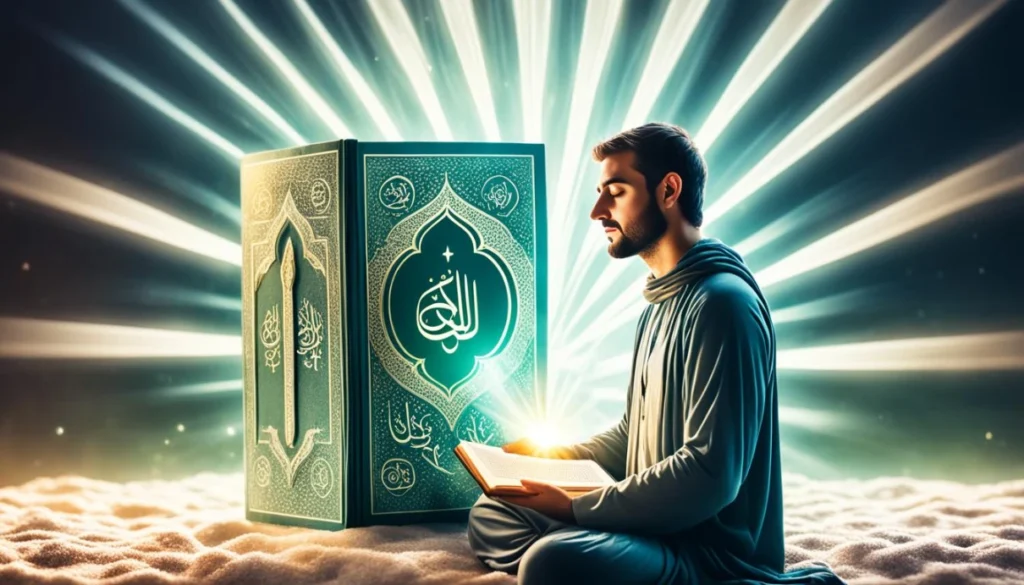
Unity and Brotherhood
The Quran teaches more than just personal spirituality and devotion. It stresses the need for unity, brotherhood, and social cohesion in the Muslim community. These principles of unity and brotherhood are key for a strong sense of belonging and support. They help the Muslim society to thrive and progress.
Promoting Social Cohesion
The Quran envisions a Muslim community united by faith, values, and a focus on the common good. It highlights the value of mutual respect, cooperation, and interdependence. The success of the community depends on how well its members work together.
The Quran’s teachings on unity and brotherhood are practical and seen in Muslim practices and traditions. Activities like prayer and celebrating religious festivals reflect the Quran’s message of unity. This creates a shared identity and purpose among Muslims.
“The believers are but brothers, so make settlement between your brothers. And fear Allah that you may receive mercy.”
– Quran 49:10
The Quran’s teachings on unity and brotherhood help strengthen the Muslim community’s bonds. This unity allows them to face modern challenges together. It also helps them improve society for everyone.
Scientific Insights
Many think the Quran is just a religious book, but it’s also full of scientific insights and knowledge. These insights have been studied a lot. They talk about nature, the universe, and the human body. They match up well with what we know today, showing the Quran is a guide for believers.
The Quran talks about things that scientists didn’t understand until much later. For example, it mentions the “Big Bang” theory, how the universe formed, and the stages of growth in the womb. These ideas match what science has learned, proving the Quran is a source of scientific understanding.
The Quran encourages us to explore the natural world and study the universe. This has helped scientific knowledge grow in the Islamic world. Muslim scholars and scientists have been inspired by the Quran’s insights. They’ve made big discoveries in areas like astronomy, biology, and mathematics.
“The Quran is not a book of science, but a book of signs. However, these signs are closely related to science, for they invite us to study the natural phenomena and to contemplate the creation of the heavens and the earth.”
Looking into the scientific insights in the Quran, we see a beautiful mix of faith and science. This mix shows the Quran’s lasting value. It encourages us to be curious, seek knowledge, and appreciate the universe’s wonders.
Conclusion
The Quran is more than just a book for religious rituals. It gives detailed advice on how to live a good life, spiritually, morally, and ethically. This makes it a timeless guide for Muslims all over the world.
It teaches important values like justice, equality, unity, and scientific knowledge. This shows how important the Quran is to its followers. It’s a guide that helps people live better lives, based on Islamic values.
In the end, the Quran is not just a book of rules. It’s a guide to spiritual growth and building a better society. The key takeaways on the Quran’s purpose show its lasting value. It’s seen as a key source of guidance and inspiration for Muslims everywhere.
FAQ
What is the real purpose of the Quran?
The Quran is more than just a book of prayers and rules. It’s a guide for living a good life, teaching us about justice, equality, and being united. It also talks about science, showing its value for all Muslims around the world.
What is the historical background and significance of the Quran?
Muslims believe the Quran is God’s word, given to the Prophet Muhammad over 23 years. It’s the core of Islam, guiding beliefs and actions. Knowing its history helps us understand its impact on Muslims.
How does the Quran provide divine revelation and guidance?
The Quran is seen as a direct message from God, guiding Muslims. It was given to the Prophet Muhammad by an angel. It offers advice on how to live, from personal behavior to how to be part of society.
What are the moral and ethical teachings in the Quran?
The Quran teaches important values like justice, equality, kindness, and caring for others. It stresses that everyone should be treated fairly, no matter who they are or where they come from.
How is the Quran a source of Islamic law and jurisprudence?
The Quran is not just for spiritual guidance but also the base of Islamic law. It sets the rules for how Muslims live, including their personal and legal lives. Its teachings shape how Sharia law is understood and applied.
How does the Quran promote spiritual enlightenment?
The Quran helps believers grow spiritually by encouraging self-reflection and a deep connection with God. It teaches the importance of inner peace and being true to oneself. This focus on spiritual growth is key to its purpose.
How does the Quran promote unity and brotherhood among Muslims?
The Quran teaches the value of community and respect among Muslims. It stresses our need to work together and support each other. These teachings help build a strong sense of unity and responsibility in the Muslim community.
What are the scientific insights contained in the Quran?
Many think the Quran is just a religious book, but it also has scientific knowledge. It talks about the world, the universe, and the human body in ways that match modern science. This shows its value as a guide for believers.

